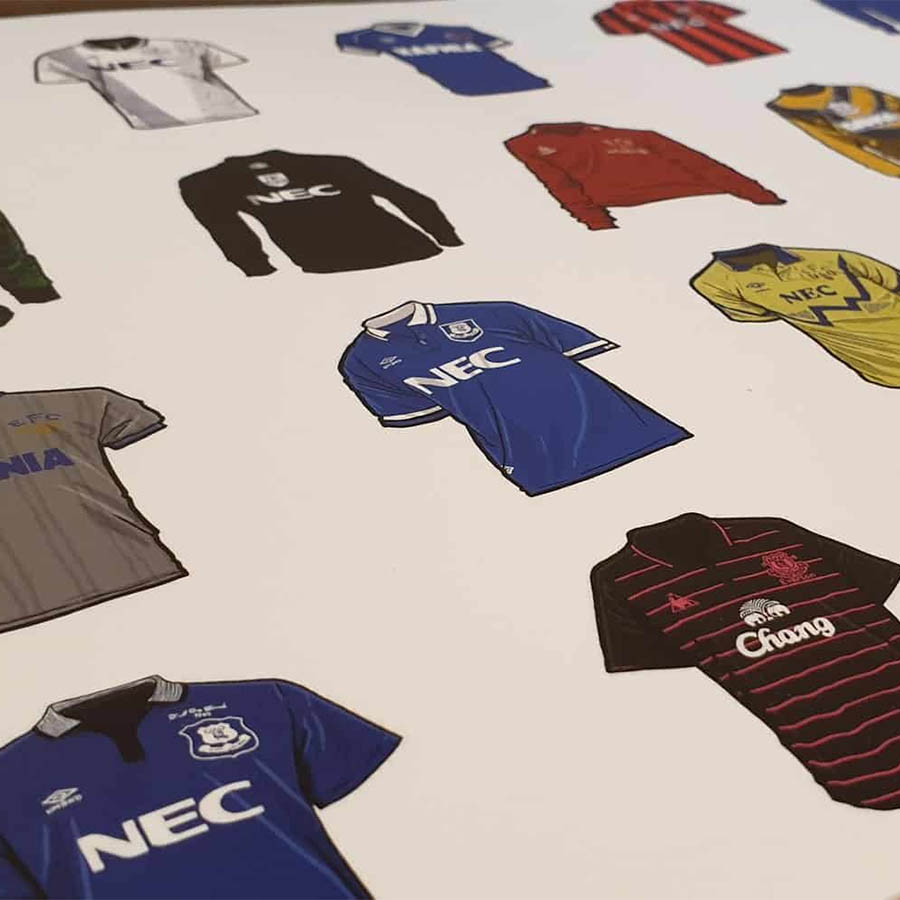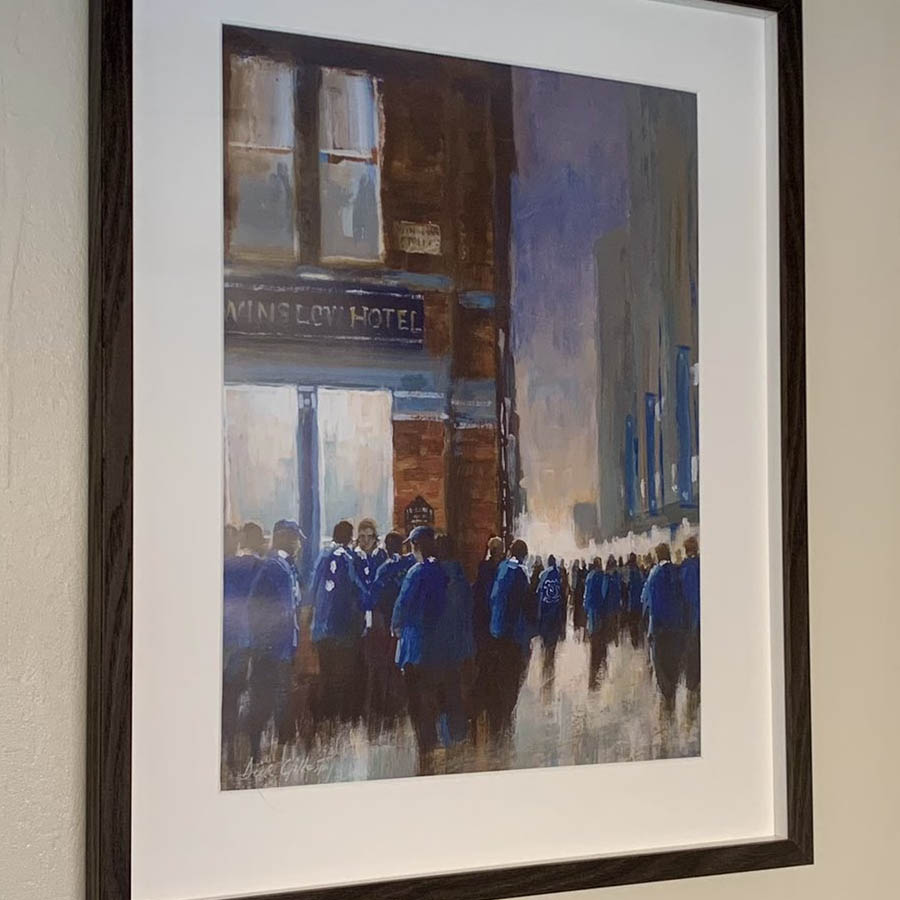In accordance with Premier League Rule W.82.1, the Premier League confirms that it has today referred a number of alleged breaches of the Premier League Rules by Manchester City Football Club (Club) to a Commission under Premier League Rule W.3.4.
Details of the Premier League Rules that the Club is alleged to have breached are as follows:
1. In respect of each of Seasons 2009/10 to 2017/18 inclusive, the Premier League Rules applicable in those seasons that required provision by a member club to the Premier League, in the utmost good faith, of accurate financial information that gives a true and fair view of the club’s financial position, in particular with respect to its revenue (including sponsorship revenue), its related parties and its operating costs, namely:
(a) for Season 2009/10, Premier League Rules B.13, C.71, C.72 and C.75 (from 10 September 2009, Premier League Rules B.13, C.71, C.72, C.79 and C.80);
(b) for Season 2010/11, Premier League Rules B.13, C.78, C.79, C.86 and C.87;
(c) for Season 2011/12, Premier League Rules B.13, C.78, C.79, C.86 and C.87;
(d) for Season 2012/13, Premier League Rules B.16, E.3, E.4, E.11 and E.12;
(e) for Season 2013/14, Premier League Rules B.15, E.3, E.4, E.11, E.12 and E.49;
(f) for Season 2014/15, Premier League Rules B.16, E.3, E.4, E.11, E.12 and E.50;
(g) for Season 2015/16, Premier League Rules B.16, E.3, E.4, E.11, E.12 and E.50;
(h) for Season 2016/17, Premier League Rules B.16, E.3, E.4, E.11, E.12 and E.51; and
(i) for Season 2017/18, Premier League Rules B.16, E.3, E.4, E.11, E.12 and E.51.
2. In respect of:
(a) each of Seasons 2009/10 to 2012/13 inclusive, the Premier League Rules applicable in those Seasons requiring a member club to include full details of manager remuneration in its relevant contracts with its manager, namely:
(1) for Seasons 2009/10 to 2011/12 inclusive, Premier League Rules Q.7 and Q.8; and
(2) for Season 2012/13, Premier League Rules P.7 and P.8; and
(b) each of Seasons 2010/11 to 2015/16 inclusive, the Premier League Rules applicable in those Seasons requiring a member club to include full details of player remuneration in its relevant contracts with its players, namely:
(1) for Seasons 2010/11 and 2011/12, Premier League Rules K.12 and K.20;
(2) for Season 2012/13, Premier League Rules T.12 and T.20;
(3) for Seasons 2013/14 and 2014/15, Premier League Rules T.12 and T.19; and
(4) for Season 2015/16, Premier League Rules T.13 and T.20.
3. In respect of each of Seasons 2013/14 to 2017/18 inclusive, the Premier League Rules applicable in those Seasons requiring a member club to comply with UEFA’s regulations, including UEFA’s Club Licensing and Financial Fair Play Regulations, namely:
(a) for Season 2013/14, Premier League Rule B.14.6; and
(b) for Seasons 2014/15 to 2017/18 inclusive, Premier League Rule B.15.6.
4. In respect of each of the Seasons 2015/16 to 2017/18 inclusive, the Premier League Rules applicable in those Seasons on Profitability and Sustainability, namely:
(a) for Season 2015/16, Premier League Rules E.52 to E.60; and
(b) for Seasons 2016/17 and 2017/18, Premier League Rules E.53 to E.60.
5. In respect of the period from December 2018 to date, the Premier League Rules applicable in the relevant Seasons requiring a member club to cooperate with, and assist, the Premier League in its investigations, including by providing documents and information to the Premier League in the utmost good faith, namely:
(a) for Season 2018/19, Premier League Rules B.16, B.19, W.1, W.2, W.12 and W.13;
(b) for Season 2019/20, Premier League Rules B.16, B.19, W.1, W.2, W.12 and W.13;
(c) for Season 2020/21, Premier League Rules B.16, B.19, W.1, W.2, W.12 and W.13;
(d) for Season 2021/22, Premier League Rules B.15, B.18, W.1, W.2, W.12 and W.13; and
(e) for Season 2022/23, Premier League Rules B.15, B.18, W.1, W.2, W.15 and W.16.
Commissions are independent of the Premier League and member clubs. The members of the Commission will be appointed by the independent Chair of the Premier League Judicial Panel, in accordance with Premier League Rules W.19, W.20 and W.26.
The proceedings before the Commission will, in accordance with Premier League Rule W.82, be confidential and heard in private. Under Premier League Rule W.82.2, the Commission’s final award will be published on the Premier League’s website.
This confirmation is made in accordance with Premier League Rule W.82.1. The Premier League will be making no further comment in respect of this matter until further notice.
And some people wonder why this is taking longer than ours.


















